Invited Speakers
A Love Letter to the Deep Ocean

University of California, USA
Are Seamounts Hotspots of Mesopelagic Densities Geographic Area of Focus: Indian Ocean
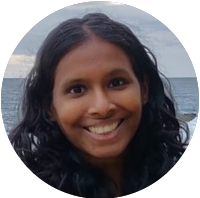
Institut Universitaire Européen de la Mer, France
Loss of Genetic Diversity in Hydrothermal Vent Populations after the Hunga Tonga–Hunga Haʻapai Eruption

University of Rhode Island, USA
Why Symbiont Strain Diversity Matters in Deep-sea Mussels

University of Bremen, Germany
Vision in the Deep – an Overview of Adaptations to Dim Light and Bioluminescence
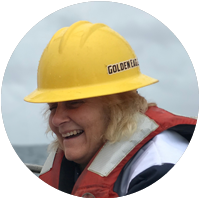
Nova Southeastern University, USA
Deep-sea Coral Ecosystem Dynamics through Space and Time: Implications for Conservation
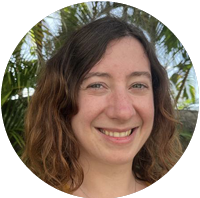
University of Hawaii at Manoa, USA
Deep Ocean Science and Exploration with eDNA
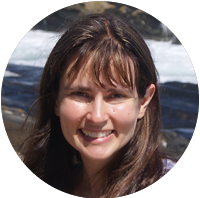
Woods Hole Oceanographic Institution, USA
Progress in the Development of Standards and Best Practice in Benthic Imagery Annotation and Onward Data Use

University of Plymouth, UK
Extreme Living: Host-symbiont Interactions in Deep-sea Hydrothermal Vent Snails

Hong Kong University of Science and Technology, Hong Kong, China
Trait-based Approaches and Conservation in the Azores Marine Park
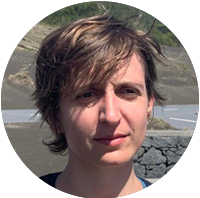
University of Azores, Portugal
Biodiversity of Deep-sea Nematodes: from Morphology to Molecules
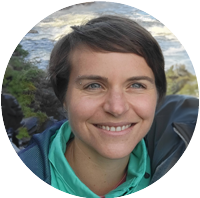
Ghent University, Belgium
African Network of Deep Water Researchers: Challenges and Opportunities
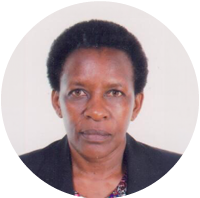
University of Nairobi, Kenya
Ecology of Deep-sea Protistan and Metazoan Meiofauna: Experimental Approaches
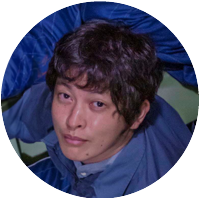
Japan Agency for Marine-Earth Science and Technology, Japan
Current Issues and Future Priorities for the Deep Ocean under Climate Change
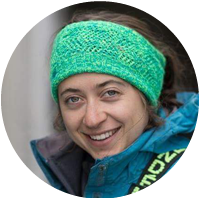
National Institute of Water and Atmospheric Research, New Zealand
Broadening Our Views on Common Heritage: Factoring in Art, Science and all Forms of Knowledge in the Politics and Regulatory Framing of the Deep Sea
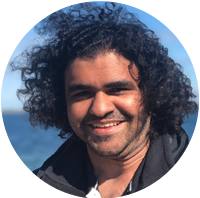
Research Institute for Sustainability, Germany
Towards FAIRer Deep Ocean Data: Progress and Opportunities
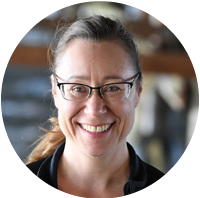
Scripps Institution of Oceanography, USA
Democratising the Deep Sea
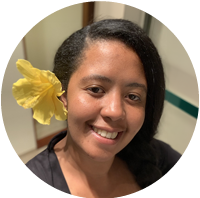
Oxford University, UK
Distribution and Genomic Variation of Ammonia-oxidizing Archaea in Abyssal and Hadal Surface Sediments

National Research Institute for Agriculture, Food and Environment, France
Diversity, Ecology and Utilization of Deep-sea Fungi from the Eastern Pacific and Gulf of Mexico
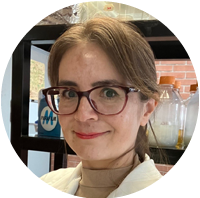
Affiliation: National Autonomous University of Mexico, Mexico
Non-invasive Methods for Studying Midwater Jellyfish
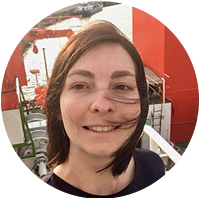
Alfred Wegener Institute, Germany
What Are the Prevalent Clades Involved in Marine Biogeochemical Processes at Extreme Energy Limitation?

Helmholtz Centre Potsdam, Germany
*Remarks: The topics mentioned above are subject to change and are tentative in nature.
